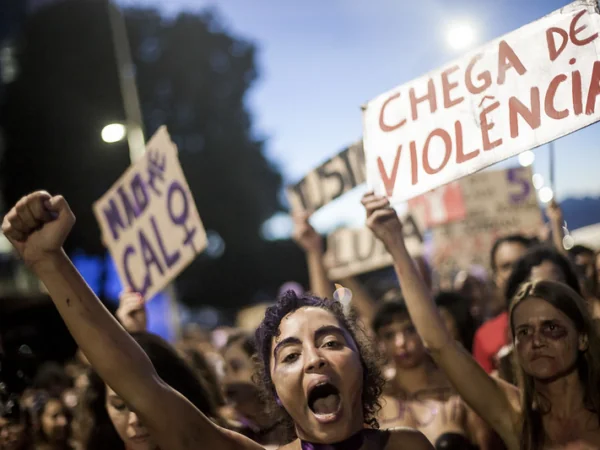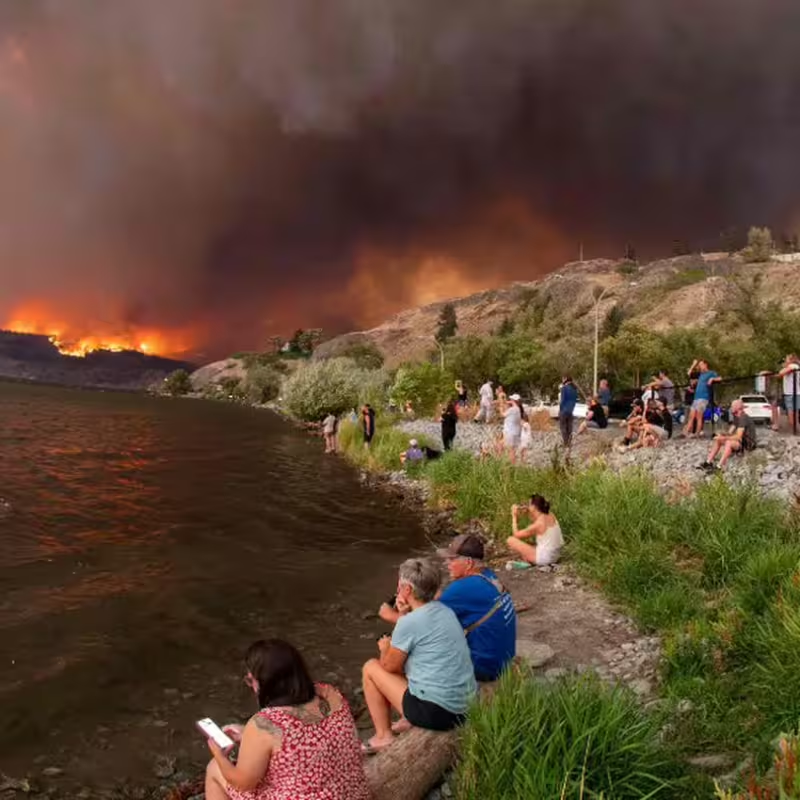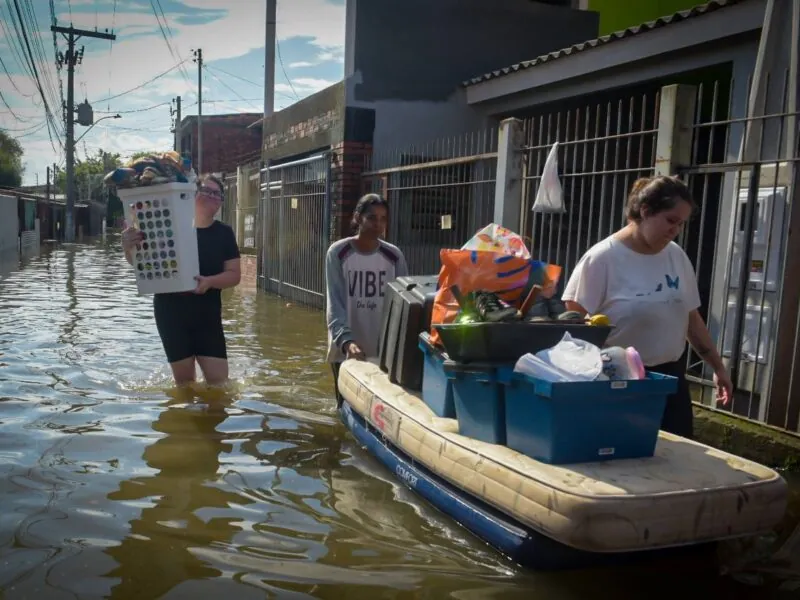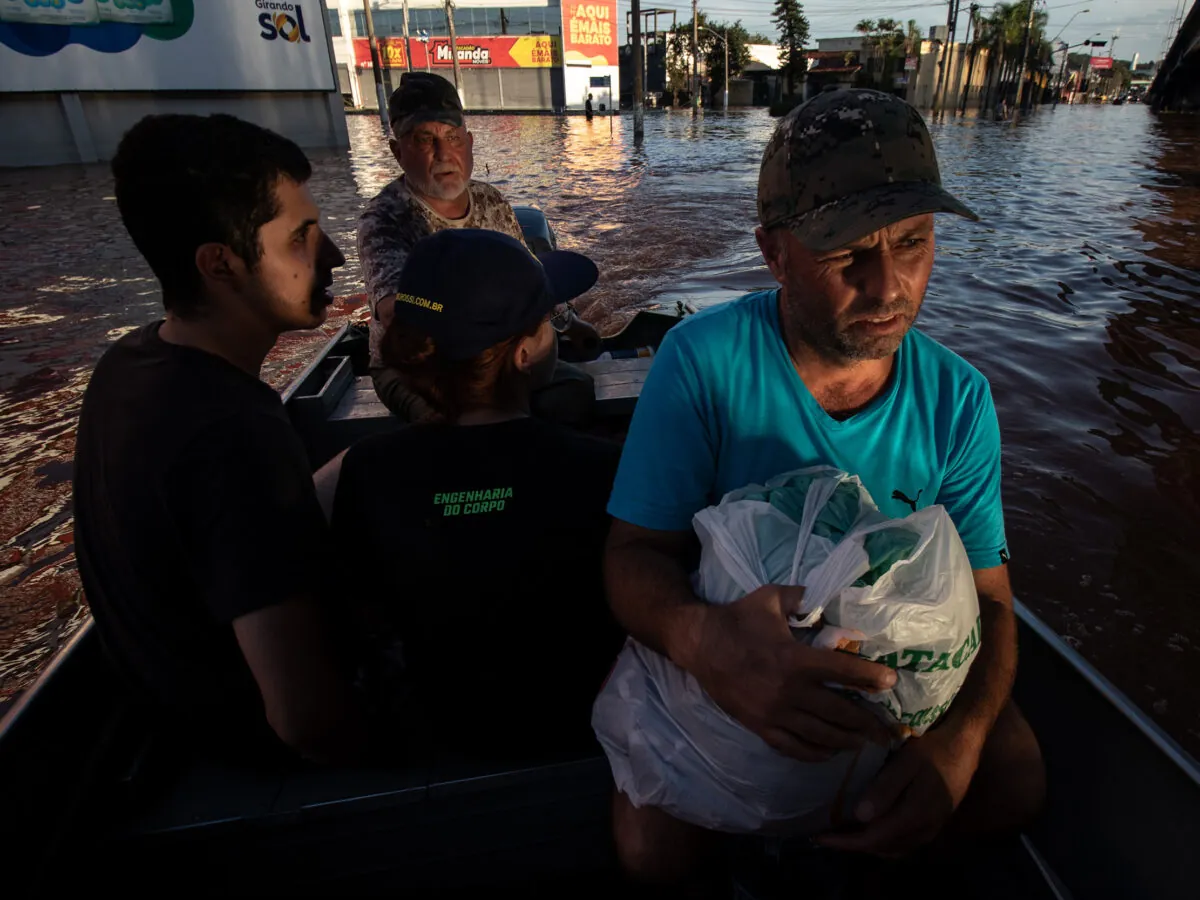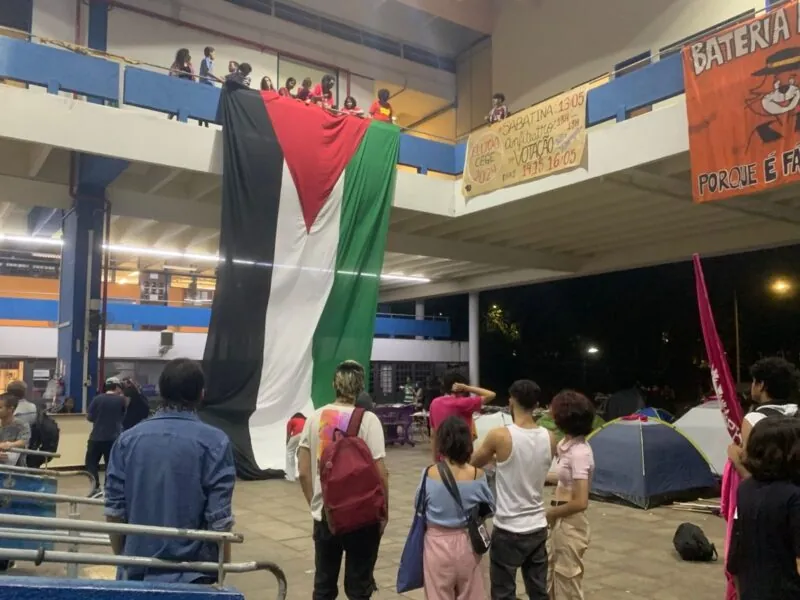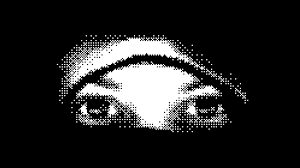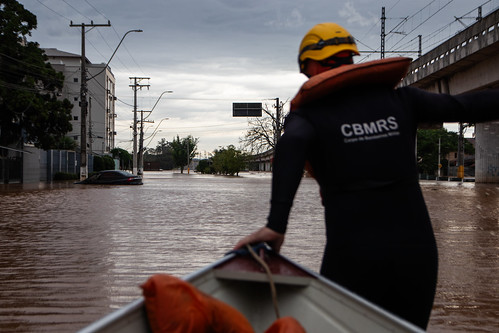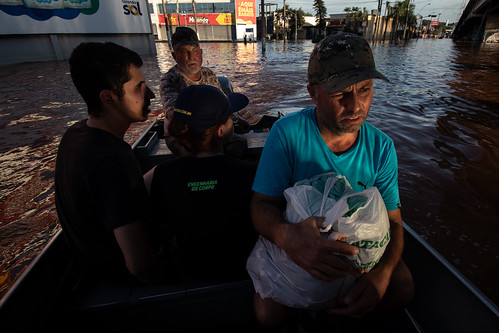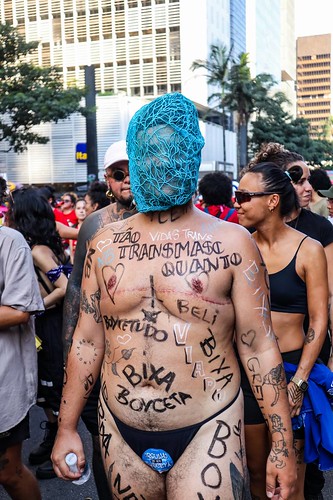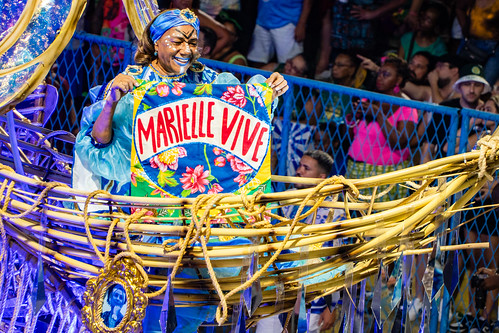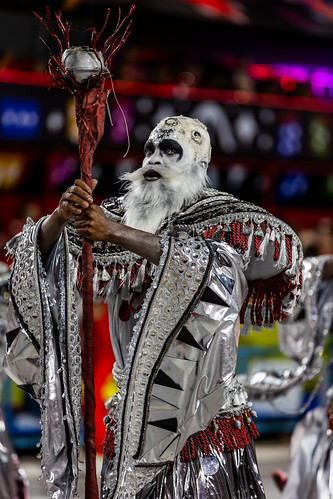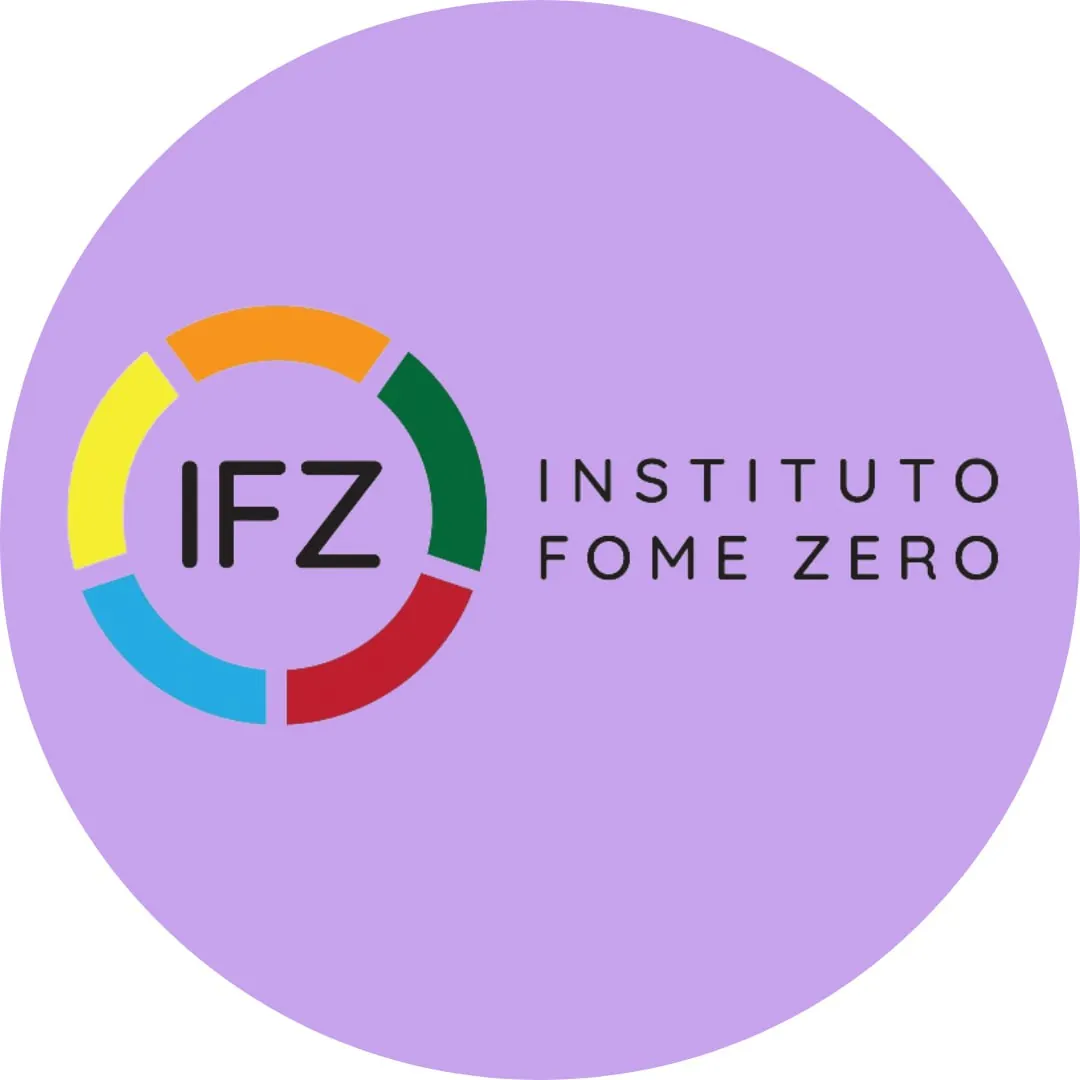Em 2023, Rio de Janeiro teve 9 mil denúncias de estupro; 40% das vítimas eram menores de idade
Subnotificação é um grave problema, com apenas 7 a cada 100 casos chegando ao conhecimento das autoridades
Cidades inteiras do RS terão que mudar de lugar após catástrofe climática, alerta cientista
Catástrofe climática já deixou pelo menos 100 mortos, e afetou diretamente 1,4 milhão de pessoas no Rio Grande do Sul
Adaptação é uma questão de vida ou morte no Brasil
Ensaio destaca a importância de política de resiliência climática e adaptação com participação popular
Estudantes da USP se juntam ao movimento estudantil global para demandar o fim do genocídio em Gaza
Manifestantes denunciam os convênios da USP com universidades e organizações israelenses, como o ‘Israel Corner’
Ex-assessor de Domingos Brazão é preso por envolvimento na morte da vereadora Marielle Franco
De acordo com a PF, a motivação do assassinato da vereadora foi política
Quem financia a mídia ninja é você 
Filtrar por editoria
AlimentaçãoPoliticaCulturaInternacionalEsportesDireitos humanosEducaçãoTecnologiaSaúdeEconomiaMeio AmbienteLimpar filtros
- LGBTQIA+

Pepita: A grandona na capa da revista “Quem”
- Feminismos

SP: Médicas são suspensas por realizarem aborto legal; Conselho de Medicina deve explicar acesso a prontuários e suspensão
- Segurança Pública

PGR denuncia irmãos Brazão e ex-chefe da polícia do RJ por mandar matar Marielle
- Emergência Climática

Iniciativa feminina: portais de fãs se unem para arrecadar doações para o RS
- Meio Ambiente

Desmatamento na Amazônia tem queda de 21,8% e no Pantanal, de 9,2%
- Direitos humanos

Brasil precisa adotar políticas para frear o neonazismo, diz conselheiro do CNDH
- Política

CCJ do Senado aprova aumento de cotas raciais em concursos públicos
- Saúde

Médicos listam recomendações para evitar doenças em meio a enchentes
- Política


